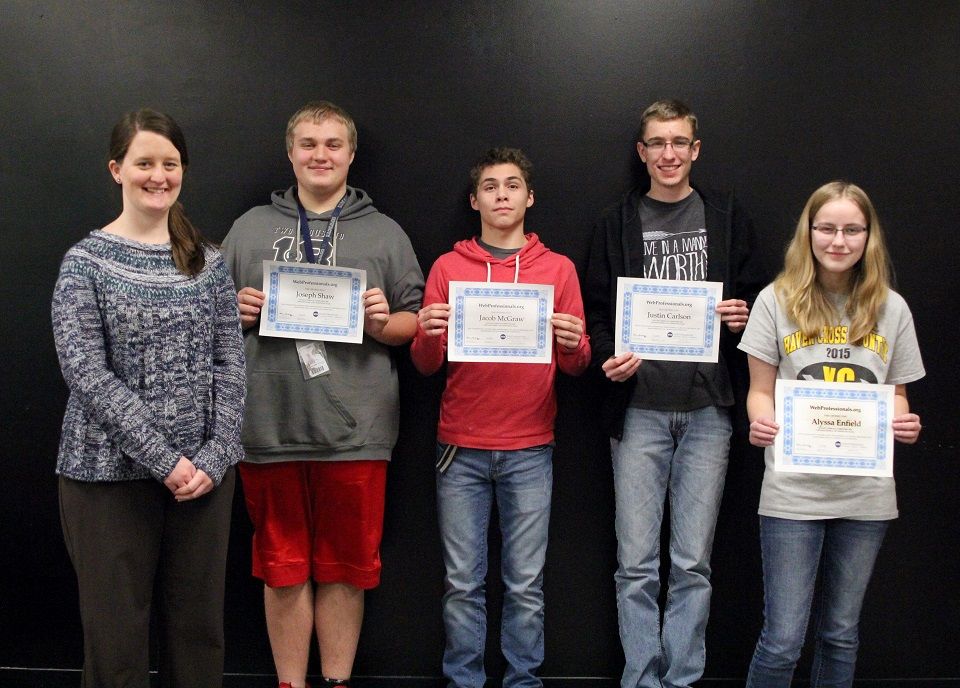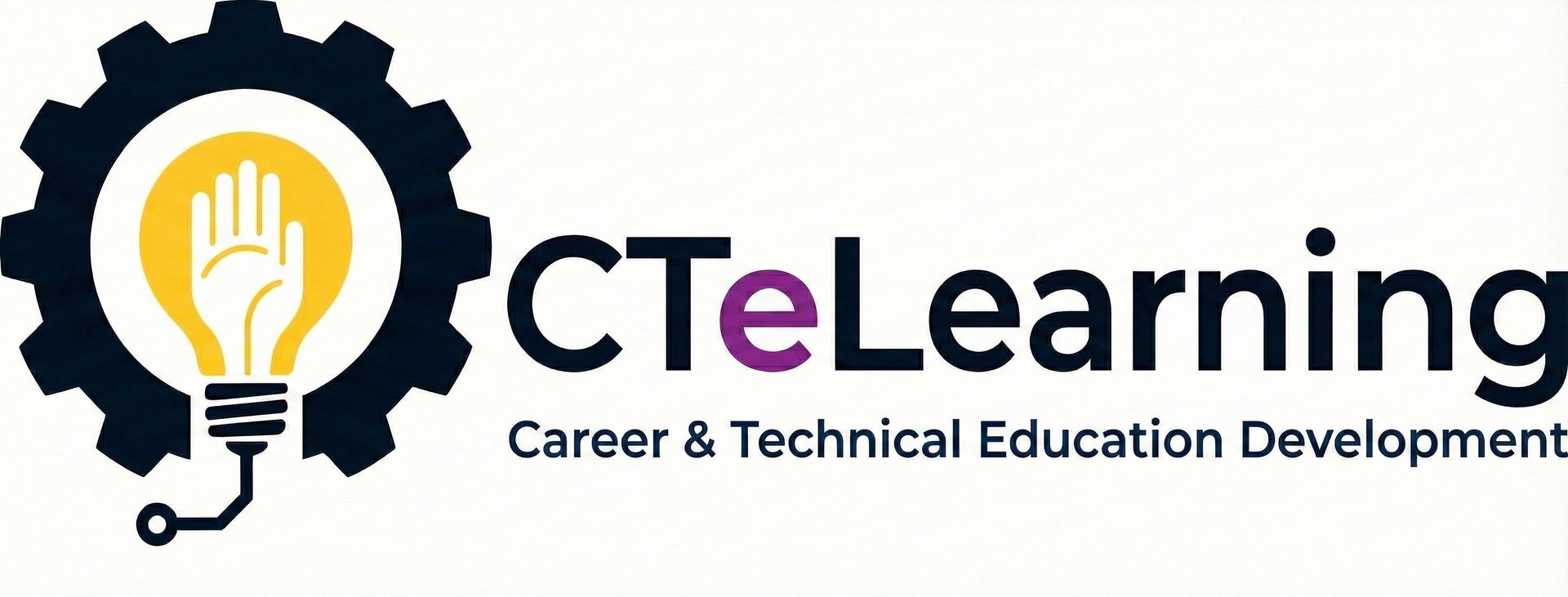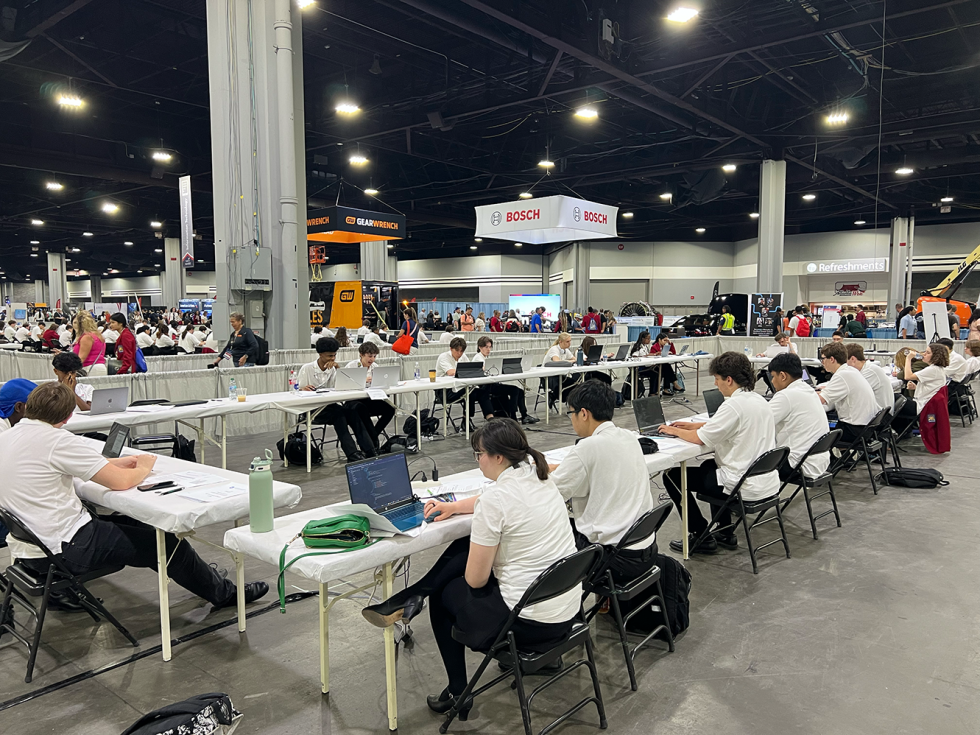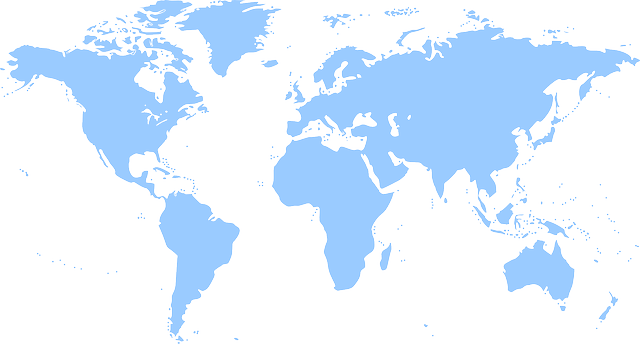Blog
High School Students Complete Remote Working, Mobile App and Web Design Certifications
CTeLearning and Web Professionals Global would like to congratulate students of Haven High School in Haven, KS who recently completed the New Certified Remote Working Professional (RWP), Web Design for Business/Marketing, and Web and Mobile Application courses with stackable industry-recognized certifications.
“Jessica has always taken initiative to not only better her program here at Haven, but to truly give students the chance to succeed and showcase their talents. We are beyond proud of these students and thankful for everything Jessica has done and will continue to do! Rock on!” – Tara Cooprider, Haven High School Counselor
Haven HS Business Education continues to be recognized nationally, as Ms. Wilson’s business education program has been one of the top producers of students certified in the business and IT career pathways. It is not uncommon for schools around the US to contact her about her program and how she guides her students to earn industry credentials.
“We are not surprised that Haven High School is the first to implement this new short for training and certification from us (WebProfessionalsGlobal.org.) Haven High continues to grow their successes every year in having their Business Education students earn industry-recognized credentials. We are so proud of Ms. Wilson’s students and feel fortunate to welcome them into our profession. Congratulations to all her students. I would be remiss not to also take a moment to thank Superintendent Wedel and Principal Moore. Many districts give lip service to certifications, but Haven makes it happen. We are a professional association and not a testing company, and we appreciate that Haven understands the difference is not just assessing students but energizing them along a career path.” – Mark DuBois, Executive Director, Web Professionals Organization
Remote Working Professional Certifications
New in 2021, the Remote Working Professional Course is an industry-based certification with a new short-form course development led by Joshua Frisch and Steve Waddell of CTeLearning. The development began in the fall of 2019 when the two discussed how they were both hearing from friends and family who had shifted to remote working. One common theme was the issues that remote work presented to employees and organizations. Joshua and Steve decided to reach out to thirty remote working professionals during the pandemic to gain insight into best practices and wisdom about how to successfully work remotely. These video interviews were compiled into what became the Remote Working Professional Course—all in partnership with Mark DuBois and their professional association.
The students who earned Remote Working Professional certifications were among the first students in the nation to take advantage of this brand-new offering that prepares learners to excel in the new world of remote work. There are currently students working through the course in the U.S. as well as around the world in places like Europe and Africa.
“ I felt like I learned a lot from this course. The course gave me various tips and tricks on how to work from home efficiently. The notions varied from where to have your ‘office’ space to how to resolve conflict between you and your fellow co-workers while working from home. I am truly thankful and grateful for the knowledge that I learned in this course.” – Z’Hakari Huffman, Student
“I thought that the course was really well done. I thought it was a good idea to include the interviews of the remote workers because they had to go through this process of learning how to work remotely. Overall it was a good course that I feel taught me something.” – Wyatt Leonard, Student
The students at Haven took advantage of the ability to complete the course using computers, tablets, and even mobile phones. They not only completed the video-rich training but earned industry-recognized certifications that they could immediately add to their college and career-ready portfolios. Ms. Wilson liked the idea of a credential her students could easily earn that would help to future-proof her students, regardless of what career paths they take. The RWP is not specific to just tech or web careers but is steeped in the best practices for remote workers including coders, designers, customer service representatives, account managers, consultants, writers, healthcare administrators, and even educators. Haven utilized the Job Seeker version, which bundled in a media-rich course for interviewing preparation. 
“The RWP series of courses with certification has been running internationally for a while, and we recently released it here in the US. We tested it first with adults who were seeking to transform their careers. With that initial success and confirmation, our plan has always been to bring it to secondary career and technical education. We are ecstatic about how well this short-form course and certification is doing in the hands of secondary learners. These students have seen their parents rapidly shift from going to an office to working remotely from home. Sadly, many have seen their parents lose jobs because of lockdowns and the lack of opportunity for their parents to work remotely. I believe students today understand the fact that they must be ready for anything in the future. The flexibility to work from anywhere, anytime, will help make their careers future-proof. I am glad that administrators, educators, parents and students understand this. It is nice to see that this course is having an even bigger impact than we had anticipated. Congratulations to Haven KS for being, once again, the first in the state.” – Steve Waddell, Founder, CTeLearning
Web and Mobile Application/Web Design Certifications
“Web design is a growing industry that I plan to be a part of. That’s the primary reason I continued the course, but I also enjoy the challenges it provides.” – Ethan Earls, Student
Haven HS has the Web and Mobile Application Development and the Web Design for Business and Marketing courses running in a two-year sequence. Since the certifications build on each other, Ms. Wilson’s students earn an extra career boost in the second year when the Web Professional Organization stacks and upgrades the awarded certifications.
“ This group of kids are some of the hardest workers I have ever had go through my program. Not only do they strive to succeed as individuals, but they also want to see each other succeed. This teamwork mindset will make them a huge asset to a future employer. Although my name gets mentioned a lot when the success of my program is highlighted, I couldn’t do it without the support of Steve (CTeLearning) and Mark (Web Professionals Organization) and their staff as well as the support of my administration. Our counselor is doing a fantastic job making sure the students take the courses in the correct sequence of the program, which helps set us up for continued success.” – Jessica Wilson, Haven High School Business Teacher
Ms. Jessica Wilson announcing Haven High School’s Award Ceremony some of HHS’s newly minted industry-recognized and credentialed professionals.
2021 Certification Recipients
(Stackable IRCs – Note the students above stacked their previous web design CWMA certification with their CWDSA certification and were upgraded to a full Associate Level Certification from the Web Professionals Organization.)
Certified Web and Mobile App Developer (CWMA)
Paxton DeBord
Paul Evans
Jocelyn Miller
David Yoder
Certified Remote Working Professional
Z’hakari Huffman
Wyatt Leonard
Holden Schneider
Getting Students Engaged
These students are investing in their futures while they are still in high school and setting themselves up to be ahead of their peers in the professional world. Having technical training skills combined with industry-recognized certifications sets these students up with the hard and soft skills to excel in whatever career path they pursue. For more information on courses offered by CTeLearning or the international industry-recognized certifications, visit here .
Share To
Get in touch with us today!
You can book a demo directly using Calendly, call us directly at 913-764-4272 or 877-828-1216, or submit the form and we will reach out to you.
We look forward to helping you and your students.








